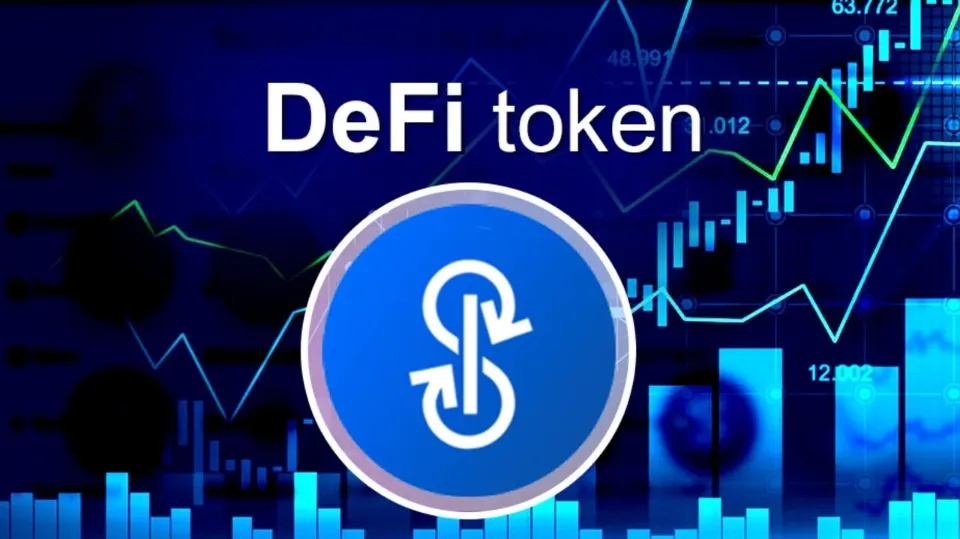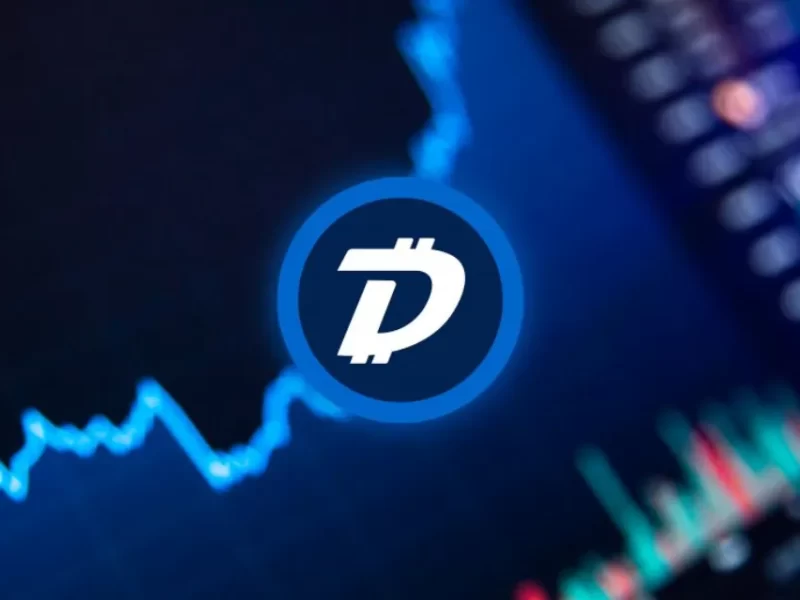DeFi (Decentralized Finance) protocol is a type of financial protocol that is built on a blockchain network, typically on Ethereum, and is designed to facilitate peer-to-peer transactions and financial services without the need for intermediaries such as banks or other financial institutions.
What is DeFi Protocol?
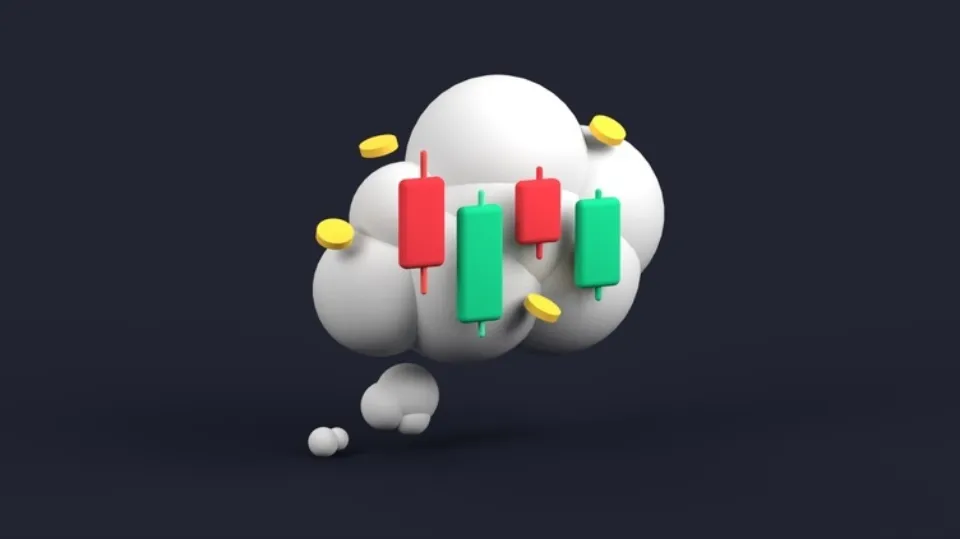
These protocols are typically open-source and transparent, allowing anyone to participate in the ecosystem by providing liquidity or using the services offered. DeFi protocols offer a range of financial services such as lending, borrowing, trading, insurance, and yield farming, among others.
Read More: Yield Farming vs. Staking – DeFi Difference & Similarities
DeFi protocols are usually governed by smart contracts, which are self-executing computer programs that automate the terms and conditions of the transactions. This allows for a trustless and decentralized system where transactions are executed based on predefined rules, without the need for intermediaries or centralized authorities.
Overall, DeFi protocols offer a new and innovative way of providing financial services that are more accessible, transparent, and decentralized compared to traditional finance.
How Does DeFi Protocol Work?

DeFi protocols work on blockchain networks, typically on Ethereum, and are designed to operate through a series of smart contracts. Smart contracts are self-executing computer programs that automatically enforce the rules and regulations of the protocol. Here’s a simplified explanation of how DeFi protocols work:
- Decentralized Applications (dApps): Developers build decentralized applications (dApps) that are hosted on the blockchain network, and these dApps interact with the smart contracts of the DeFi protocol.
- Smart Contracts: The DeFi protocol is governed by a set of smart contracts, which define the rules and regulations of the protocol. These smart contracts are self-executing, and they automatically execute when the predefined conditions are met.
- Transactions: Users interact with the dApps to perform various financial transactions, such as lending, borrowing, or trading, among others. These transactions are recorded on the blockchain and are executed based on the rules defined in the smart contracts.
- Decentralized Finance Services: The DeFi protocol provides a range of financial services, such as lending, borrowing, trading, insurance, and yield farming, among others. Users can access these services through the dApps and interact with the smart contracts to execute their desired transactions.
- Decentralized Governance: DeFi protocols are usually governed by decentralized autonomous organizations (DAOs) or similar structures, which are run by the users of the protocol. Users can participate in the governance process by voting on proposals that can affect the rules and regulations of the protocol.
Overall, DeFi protocols provide a decentralized, transparent, and open financial ecosystem where users can access financial services without relying on intermediaries such as banks or other financial institutions.
How Many DeFi Protocols Are There?

It is difficult to give an exact number of DeFi protocols that exist, as new ones are constantly being created and existing ones are evolving. However, there are hundreds of DeFi protocols that are currently active, and the number is increasing rapidly.
Some of the most popular DeFi protocols include:
- Uniswap – a decentralized exchange (DEX) that allows users to trade cryptocurrencies without intermediaries.
- Aave – a lending and borrowing platform that allows users to borrow cryptocurrencies using collateral.
- Compound – a lending and borrowing platform that allows users to earn interest on their cryptocurrencies and borrow them as well.
- MakerDAO – a decentralized lending platform that allows users to borrow a stablecoin called DAI, which is pegged to the US dollar.
- Curve – a decentralized exchange that specializes in trading stablecoins and offers low slippage.
- Yearn.finance – a platform that offers yield optimization strategies for cryptocurrency investors.
- Synthetix – a platform that offers synthetic assets that track the price of real-world assets.
These are just a few examples of the many DeFi protocols that exist today. Each protocol has its own unique features and benefits, and users can choose the ones that best fit their needs.
Is Ethereum a DeFi protocol?
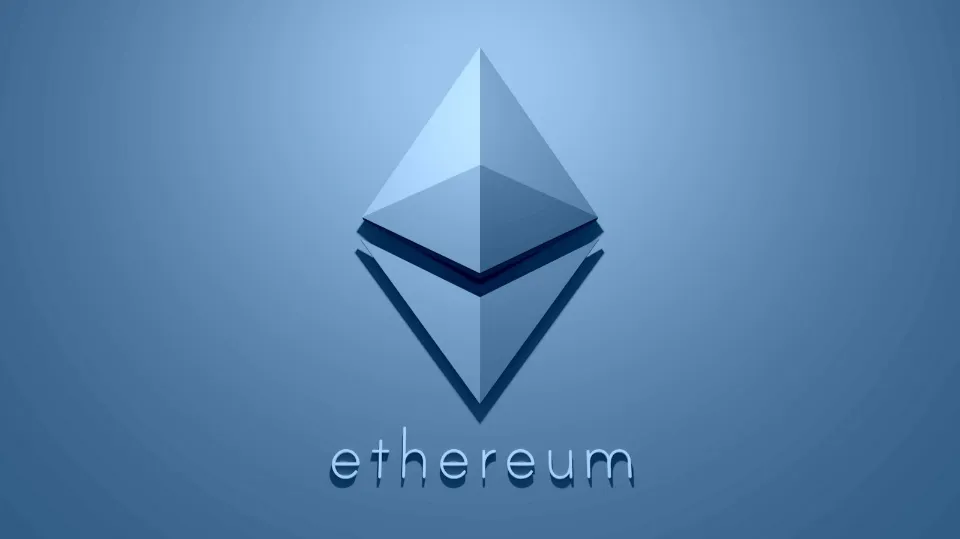
No, Ethereum is not a DeFi protocol, but it is a blockchain network that is often used as the foundation for many DeFi protocols.
Ethereum is a decentralized, open-source blockchain network that allows developers to build decentralized applications (dApps) using smart contracts. These smart contracts are self-executing computer programs that automate the terms and conditions of transactions, making it possible to create trustless and decentralized applications.
Many DeFi protocols are built on top of the Ethereum network, taking advantage of its features such as smart contracts, decentralized governance, and tokenization to provide financial services such as lending, borrowing, trading, and others in a decentralized and trustless manner.
Some of the most popular DeFi protocols, such as Uniswap, Aave, and Compound, among others, are built on the Ethereum network, and the network continues to be a dominant player in the DeFi space.
Overall, while Ethereum itself is not a DeFi protocol, it has played a crucial role in the development and growth of the DeFi ecosystem, providing the infrastructure and tools for developers to build innovative and decentralized financial applications.

Is Coinbase a DeFi Protocol?
No, Coinbase is not a DeFi protocol. Coinbase is a centralized cryptocurrency exchange that allows users to buy, sell, and trade cryptocurrencies, including Bitcoin, Ethereum, and others.
Unlike DeFi protocols, Coinbase is a centralized platform that operates on a traditional business model, with a centralized management structure, centralized custody of funds, and a centralized order book.
In contrast, DeFi protocols are decentralized, meaning they operate without intermediaries, are governed by decentralized autonomous organizations (DAOs) or similar structures, and are transparent and open to everyone.
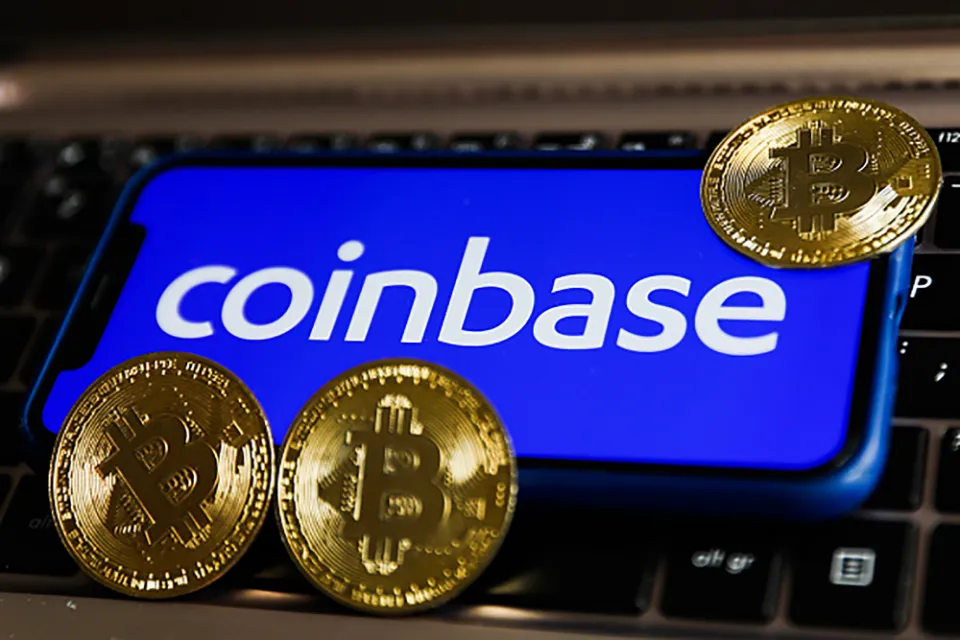
While Coinbase does offer some DeFi-related services, such as staking and trading of DeFi tokens, it is not a DeFi protocol itself. It is important to note the distinction between centralized exchanges like Coinbase and decentralized exchanges (DEXs) like Uniswap, which are examples of DeFi protocols that allow users to trade cryptocurrencies without relying on intermediaries.
Summary
DeFi (Decentralized Finance) protocols are a class of blockchain-based financial applications that operate in a decentralized manner, without intermediaries such as banks or financial institutions. They use smart contracts and other blockchain technologies to enable peer-to-peer transactions, lending, borrowing, and other financial services.
DeFi protocols provide users with greater control over their assets, lower transaction costs, and a more open and transparent financial ecosystem. They are built on public blockchain networks like Ethereum and are accessible to anyone with an internet connection.
Some popular DeFi protocols include Uniswap, Aave, Compound, and MakerDAO, among others. While DeFi protocols are still a relatively new and rapidly evolving field, they have already gained significant adoption and investment, and are expected to continue disrupting traditional financial services in the years to come.

